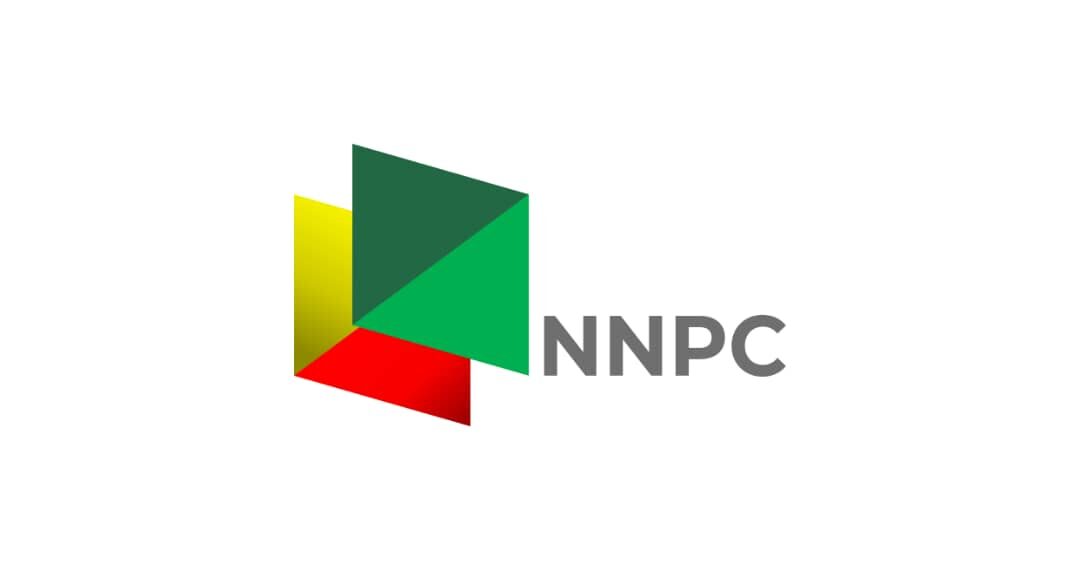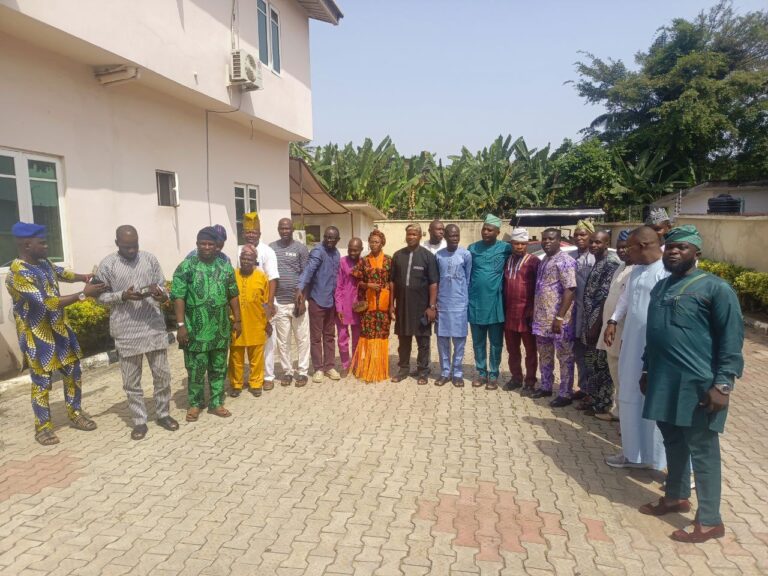
The Nigerian National Petroleum Company Limited (NNPC Ltd) has officially ruled out the sale of the Port Harcourt Refining Company, ending weeks of speculation about the fate of one of the country’s most strategic energy assets. Instead, the national oil company has reaffirmed its commitment to completing the ongoing comprehensive rehabilitation of the facility.
The announcement was made by the Group Chief Executive Officer of NNPC Ltd, Bayo Ojulari, during a company-wide town hall meeting held at the NNPC Towers in Abuja. In a statement issued shortly after the meeting on Wednesday, NNPC management emphasized that the rehabilitation and retention of the Port Harcourt refinery remain top priorities.
“The Nigerian National Petroleum Company Limited has officially ruled out the sale of the Port Harcourt Refining Company, reaffirming its commitment to completing high-grade rehabilitation and retention of the plant,” the statement read.
Ojulari dismissed the notion of a sale as both “ill-advised” and “sub-commercial,” signaling a clear stance from the company following mounting public concern over the refinery’s future.
The announcement comes on the heels of remarks Ojulari made earlier this month at the 2025 OPEC Seminar in Vienna, where he said that “all options are on the table” regarding the future of Nigeria’s refineries. The statement fueled widespread speculation that NNPC might be preparing to sell off the Port Harcourt Refining Company in a bid to attract private investment or offload non-performing assets.
However, Ojulari clarified that the company’s recent position does not represent a change in direction, but rather a conclusion informed by an ongoing technical and financial review of all three state-owned refineries: Port Harcourt, Kaduna, and Warri.
Refinery Rehabilitation Progress and Challenges
According to the NNPC statement, the internal review concluded that the earlier decision to begin operations at the Port Harcourt refinery before full rehabilitation was completed was flawed and not commercially viable.
“The ongoing review indicates that the earlier decision to operate the Port Harcourt refinery, before full completion of its rehabilitation, was ill-informed and subcommercial,” it stated.
The management added that although progress is being made across all three major refineries, the complexity and scale of the work now call for more advanced technical partnerships to finalize the upgrades.
“The emerging outlook calls for more advanced technical partnerships to complete and high-grade the rehabilitation of the Port Harcourt refinery,” the company noted.
In light of this new assessment, NNPC Ltd concluded that a sale would likely result in value erosion, undermining both national strategic interests and long-term commercial returns.
“Thus, selling is highly unlikely as it would lead to further value erosion,” the statement added.
The Port Harcourt Refining Company, established in 1965 and expanded in 1989, remains Nigeria’s largest and most iconic refinery. With a nameplate capacity of 210,000 barrels per day, it is considered a cornerstone in Nigeria’s effort to reduce dependence on imported refined petroleum products.
The plant has, however, suffered from decades of underinvestment, mismanagement, and mechanical failure, with its operations largely grounded for several years. The current rehabilitation, which began in 2021 under the administration of former President Muhammadu Buhari, has seen multiple delays and cost revisions.
Ojulari’s comments appear aimed at stabilizing investor and public confidence as NNPC continues to restructure under the Petroleum Industry Act (PIA) and seeks new avenues for revenue generation, including partnerships and commercialization of assets.
Outlook and Industry Response
Industry analysts say the decision to retain and rehabilitate the Port Harcourt Refinery reflects a broader trend of resource nationalism, especially as Nigeria grapples with the implications of its growing fuel import bill, foreign exchange constraints, and energy security concerns.
While challenges persist, the government and NNPC leadership seem committed to ensuring that Nigeria’s state-owned refineries are brought back to life, not sold off, as part of a strategic industrial policy.
Stakeholders in the oil and gas sector are expected to watch closely for further announcements, particularly regarding the selection of technical partners and timelines for refinery commissioning.






